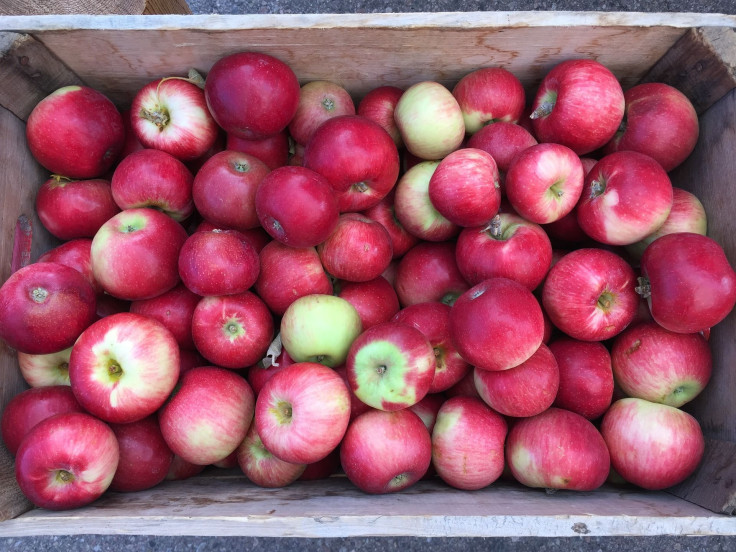The Science-Backed Diet For Health And Longevity: Eat 10 Servings Of Fruits And Vegetables A Day, Study Says

It’s likely engrained in your mind that eating five servings of fruits and vegetables a day is important for your health (whether or not you do is a completely different matter). A new study, however, shows you’ll want to double that number to receive the optimal benefits.
Scientists from Imperial College London analyzed 95 studies on fruit and vegetable intake from people around the world. With a sample of about 2 million, the team looked at roughly 43,000 cases of heart disease, 47,000 cases of stroke, 81,000 cases of cardiovascular disease, 112,000 cancer cases and 94,000 deaths.
Read: Cancer Risk Latest News: Esophagus And Stomach Cancer More Likely If You're Overweight By 20
Published in the International Journal of Epidemiology, the paper reports that roughly 7.8 million premature deaths could be prevented each year if people ate 10 servings of fruits and vegetables every day. A single portion is classified as 800 grams.
This is a big increase from the old school “5 a Day” campaign encouraging school kids to eat their fruits and veggies. The 26-year-old campaign originated as a partnership between the National Cancer Institute, the Produce for Better Health Foundation, USDA, CDC and American Cancer Society.
The new findings suggest that 10 servings of produce a day significantly affects your health by reducing the risk of heart disease by 24 percent, lowering cardiovascular disease by 28 percent and cutting chances of cancer by 13 percent. More significantly, those who loaded up on fresh foods reduced their chances of dying young by 31 percent.
"Fruit and vegetables have been shown to reduce cholesterol levels, blood pressure, and to boost the health of our blood vessels and immune system,” says Dr. Dagfinn Aune, Ph.D, in a statement. “This may be due to the complex network of nutrients they hold. For instance they contain many antioxidants, which may reduce DNA damage, and lead to a reduction in cancer risk."
Read: Intermittent Fasting Latest: A Special 5-Day Diet Could Lower Weight And Risk of Disease
Quantity is just as important as quality and certain foods were shown to be extra beneficial. These include apples, pears, citrus fruits, leafy greens and cruciferous vegetables like broccoli, cabbage and cauliflower.
Junk food enthusiasts looking for a quick fix might turn to supplements, but Aune cautions pill won't offer the same results.
"Most likely it is the whole package of beneficial nutrients you obtain by eating fruits and vegetables that is crucial [for] health,” he explains. “This is why it is important to eat whole plant foods to get the benefit, instead of taking antioxidant or vitamin supplements [which have not been shown to reduce disease risk]."
There’s no doubt that 10 servings is a challenge — even for health nuts. But you don’t have to make every meal a salad to live longer. Though not as significant, 200 grams of produce a day can still reduce your risk of heart disease, stroke, premature death and cancer.
See Also:
Looking Healthy Is More Important Than Being Healthy When It Comes To Attraction
Plant-Based Proteins Are Just As Good As Meat For Building Muscle, Says Study



























